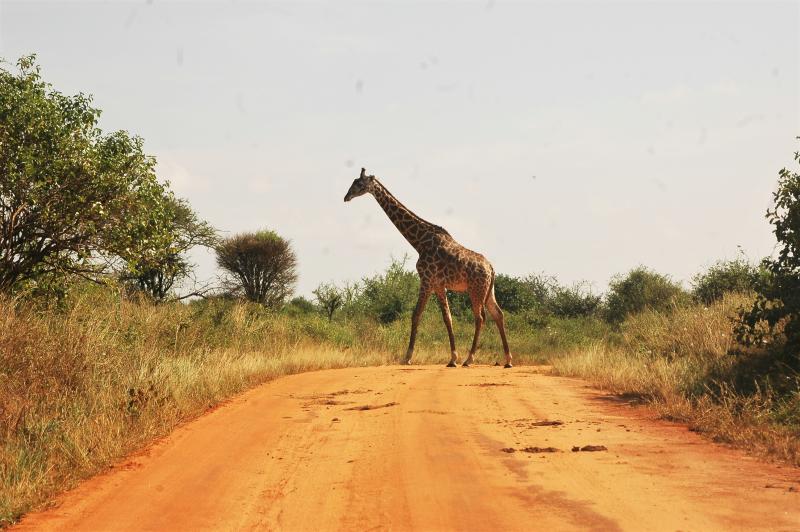×
The Standard e-Paper
Kenya’s Boldest Voice

A suggestion by the country's Tourism Cabinet Secretary that national parks should be privatised did not raise as many eyebrows as expected.
His explanation that it is more about running the parks than selling them outright may have mitigated any negative reactions.